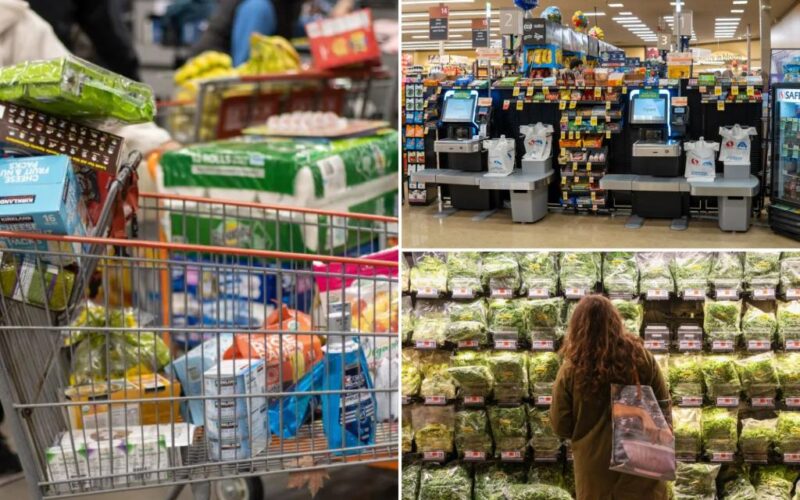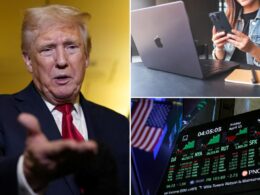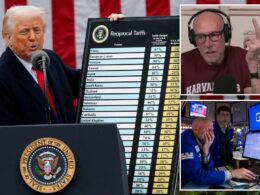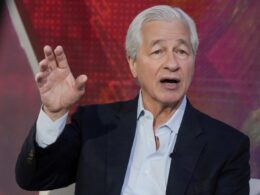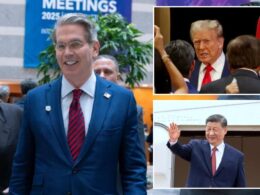A growing number of Americans are turning to “buy now, pay later” loans for groceries as they grapple with stubborn inflation, stiff interest rates and uncertainty around Trump’s tariffs, according to a survey.
The alarming trend comes as lower-income consumers are also paying their bills late, according to an April survey by LendingTree.
Rising food prices have pushed 25% of BNPL, or “buy now, pay later,” users in April – up from 14% a year ago – to purchase groceries with a BNPL loan, according to the survey which reached 2,000 consumers ages 18 to 79 from April 2 to April 3.
“A lot of people are struggling and looking for ways to extend their budget,” Lending Tree’s consumer finance analyst Matt Schultz told CNBC.
“Inflation is still a problem. Interest rates are still really high. There’s a lot of uncertainty around tariffs and other economic issues, and it’s all going to add up to a lot of people looking for ways to extend their budget however they can.”
More worrisome is that consumers, including higher-income households, are paying these loans late.
Some 41% of BNPL users say they paid late in the past year, up from 34% a year ago, the survey found.
The loans are seen as an alternative to credit cards allowing users to pay their bills in installments of smaller payments that incur fees and interest charges if they pay late.
While most people use this payment method to purchase clothing and accessories, groceries were the fourth largest category.
“I do think it’s going to get worse, at least in the short term,” Schulz told CNBC. “I don’t know that there’s a whole lot of reason to expect these numbers to get better in the near term.”
Even food delivery services including Doordash are cashing in on consumers deferring payments.
Doordash, which delivers both groceries and take-out, launched a partnership with ‘buy now, pay later’ giant Klarna in March.




